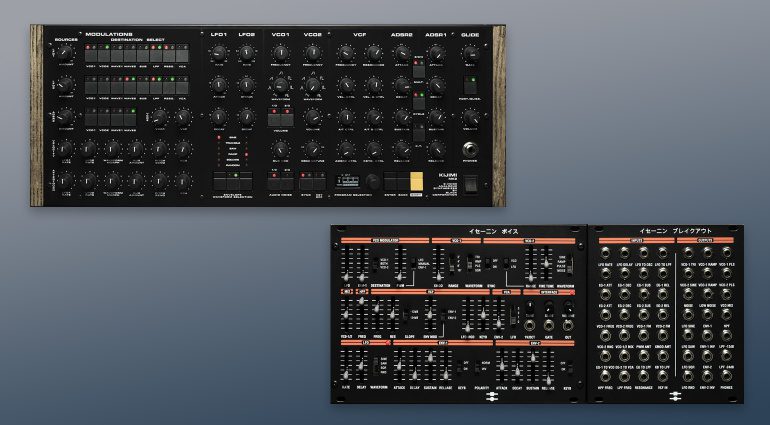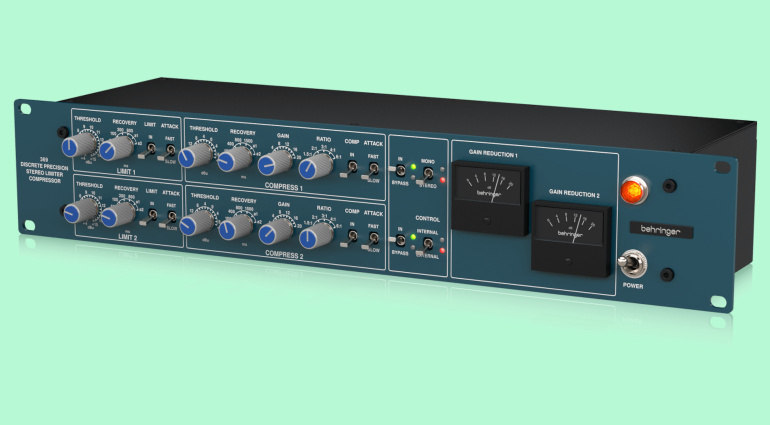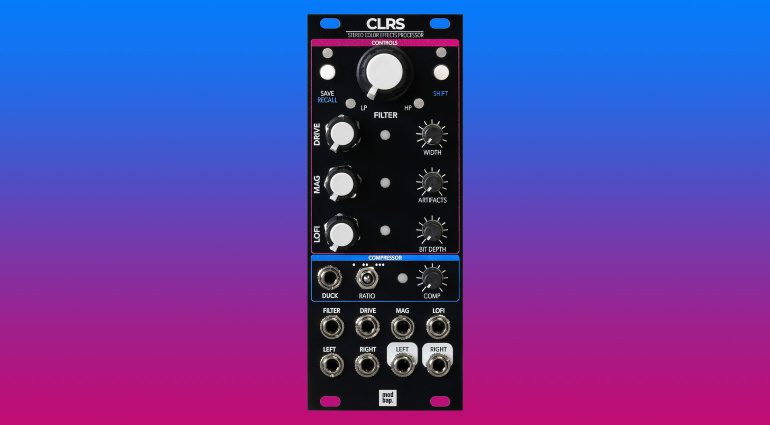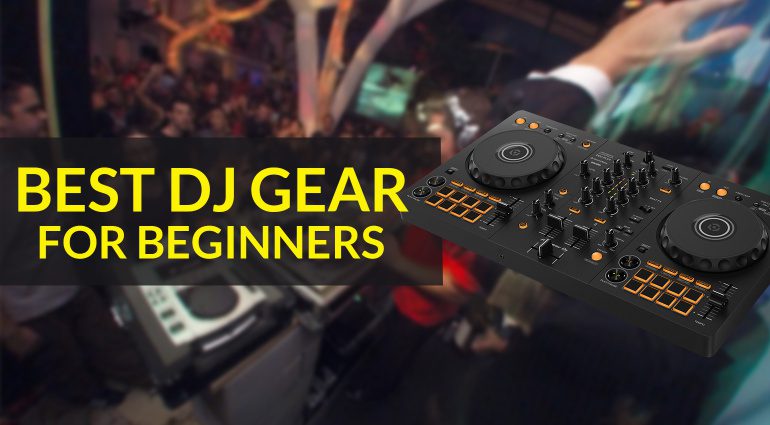If you need a new profile picture for your social media networks or perhaps your work meeting software or LinkedIn headshot. You might be interested to know that you can create professional personalized portraits using Stability AI’s Stable Diffusion AI generator. If you’re not so comfortable using Stable Diffusion there also other services and apps available such as Remini that allows you to transform your mundane profile picture into something a little more special.
When using Remini simply choose 8-12 images to teach the AI what you look like. This will take just few minutes. After that, you’ll be able to generate countless different photos in a wide variety of different outfits. Need a new photo for your CV. Choose from dozens of model images to generate photos based on its style and pose. Generate dozens of stunning photos of yourself in different poses and angles, as if they were taken by a professional photographer. Saving you time and your hard earned cash the process.
Creating a detailed and accurate portrait using various image processing techniques and models is an art that combines technology and creativity. This process involves a series of steps, each contributing to the final result – a perfect portrait. This guide offers a selection of different ways to create a professional profile picture and the specifics of each process, from the use of the RPG verse 4 model to the application of in-painting techniques for preserving facial expressions. To using a free application that you can upload images to without any technical knowledge at all.
Create pro AI profile pictures with Remini
Let’s start with the non-technical way of creating professional profile pictures using the Remini app which has a free trial.
Should you use a AI headshot for work?
How to create personal portraits using Stable Diffusion
The RPG verse 4 model is a critical tool in the creation of detailed and accurate portraits. This model, known for its precision and versatility, is best utilized with a size resolution of 512 width and 768 height. The size resolution is crucial as it determines the level of detail that can be captured in the portrait. Adjusting the image size for optimal results is a delicate process that involves careful cropping and resizing to maintain the integrity of the original image.
In addition to size adjustments, the process also involves the use of CFG and CMG scales for image detailing. The CMG scale, or sampling step, should be around 35, while the CFG scale can go up to 9. These scales are instrumental in enhancing the details of the image, adding depth and dimension to the portrait.
Control net models play a significant role in image processing. At least two control NAD models are recommended for best results. These models help in refining the image, smoothing out any rough edges and enhancing the overall quality of the portrait. The annotation resolution is set equal to the image size to ensure correct pose representation, further enhancing the accuracy of the portrait.
Other articles you may find of interest on the subject of AI art :
The open pose preprocessor and the canning control model are other essential tools in the image processing toolbox. The open pose preprocessor sets the model with the correct pose, while the canning control model adds more detail to the image. The weights of these models can be adjusted to achieve better detail, allowing for a more nuanced and realistic portrait.
AI profile picture
Noise generation and reduction are also part of the portrait creation process. The Script image to image alternative test is used to add noise to the image and then denoise it back to the original image. This process helps in enhancing the texture of the image, giving it a more natural and realistic feel.
Preserving the facial expressions of the original image is crucial in portrait creation. This is achieved through the use of in-painting techniques. These techniques help in maintaining the integrity of the original image, ensuring that the final portrait accurately represents the subject’s expressions.
The process of creating a detailed and accurate portrait is not limited to still images. It can also be used to create animations by processing as an image batch. This opens up a world of possibilities, allowing for the creation of dynamic and engaging portraits.
However, it’s important to note that there can be potential issues with flickering when using these techniques. To address this, one can refer to additional resources that provide solutions for a flicker-free creation process.
Creating a detailed and accurate portrait using various image processing techniques and models is a complex but rewarding process. It involves a careful balance of technical precision and artistic creativity, resulting in a portrait that is not only visually stunning but also a true representation of the subject.
Image credit : Remini
Filed Under: Guides, Top News
Latest togetherbe Deals
Disclosure: Some of our articles include affiliate links. If you buy something through one of these links, togetherbe may earn an affiliate commission. Learn about our Disclosure Policy.






